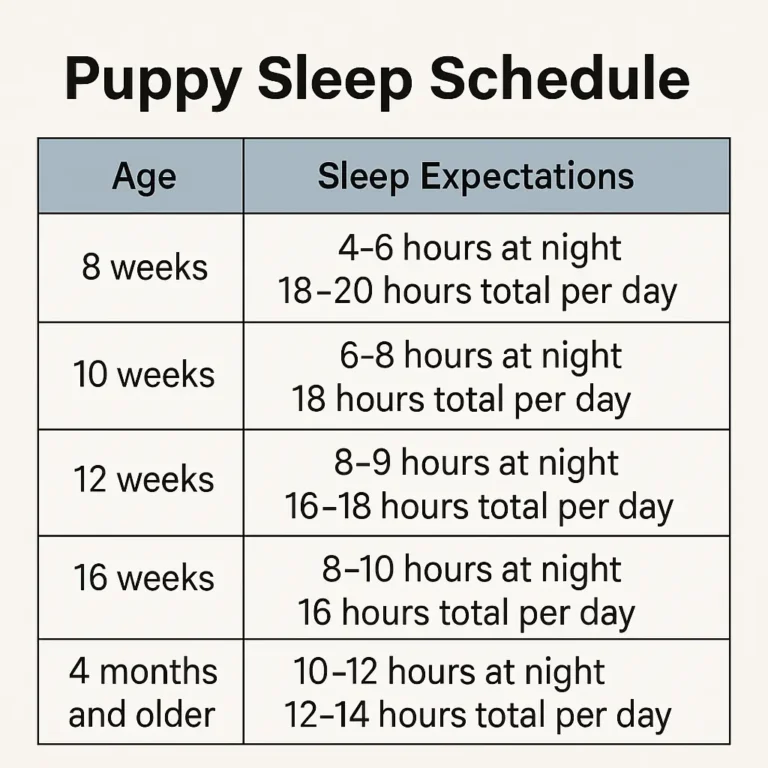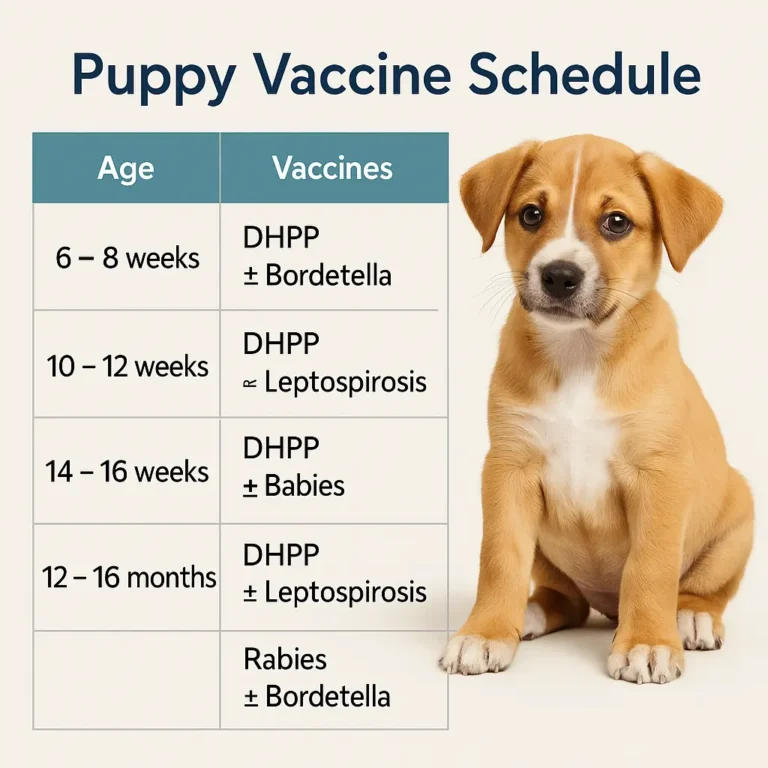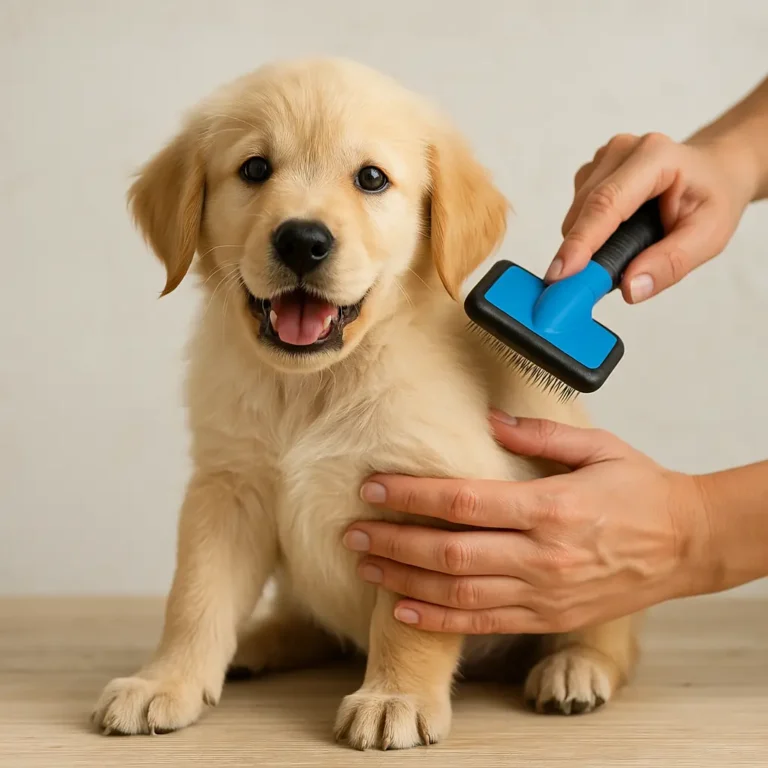Wondering if eggs are safe for your pup? You’re not alone. Questions like “are eggs good for dogs?” or “can dogs eat eggs cooked?” are common among pet parents. The short answer: yes, dogs can eat eggs—but there are some important things to know first. Eggs are packed with protein, vitamins, and fatty acids that can benefit your dog’s coat, skin, and energy levels. But how you prepare them—and how often you serve them—matters. In this guide, we break down the facts about raw, boiled, and scrambled eggs, plus how to feed them safely. Let’s crack into it!
🍳 Are Eggs Good for Dogs? Can Dogs Eat Cooked Eggs Safely?
Yes, eggs can be a healthy addition to your dog’s diet! But it all depends on how they’re prepared. When served correctly, eggs are rich in amino acids, protein, and essential nutrients like Vitamin B12 and riboflavin. These can help improve coat shine, muscle strength, and digestion.
So, are eggs good for dogs?
Absolutely—but moderation is key. They should be a treat or supplement, not a meal replacement.
Now let’s crack the popular question: can dogs eat eggs cooked?
Yes! In fact, cooked eggs are the safest option. Boiled, scrambled, or even poached—just skip the salt, butter, oil, or seasoning.
What about raw eggs? While some believe raw eggs are good for dogs, they can carry salmonella and may block biotin absorption. We’ll cover more on this risk below.
For the safest and healthiest option, can dogs eat boiled eggs?
Yes, and they’re often preferred because they’re simple, mess-free, and easy to digest.
So whether you're feeding them scrambled, boiled, or poached, eggs are a protein-rich snack—just make sure they're plain and cooked. Your dog will love you for it.
🥄 How to Prepare Eggs for Your Dog: Safe & Tasty Ideas
So, your dog loves eggs—but how do you prepare them right? First things first: always cook the eggs. Raw eggs can pose a risk of salmonella and may interfere with vitamin absorption.
Here are the safest ways to serve eggs:
-
Boiled eggs: The easiest and cleanest option. Just peel and serve.
-
Scrambled eggs: Quick to cook, but avoid butter, salt, milk, or seasonings.
-
Poached eggs: Another soft, low-fat method—no need for oil.
-
Baked egg bites: Combine with dog-safe veggies for a homemade treat.
Want to go the extra mile? Slice or crumble the eggs into your dog’s food. It adds a protein boost and makes meals more exciting.
If you're wondering can dogs eat scrambled eggs—yes, but keep it simple and plain. The same goes for boiled and cooked eggs.
Skip frying, heavily seasoned dishes, or prepackaged egg products like egg salad or deviled eggs. Dogs don’t need spices, dairy, or extra fat in their diet.
As always, start small. Introduce eggs gradually to monitor for allergies or digestive upset. A healthy serving should be a treat—not a daily routine.
While most dogs tolerate eggs just fine, some breeds are more prone to food allergies—including eggs.
Breeds that may react poorly to eggs include:
Labrador Retrievers – common food allergies
Cocker Spaniels – sensitive stomachs
Bulldogs – frequent digestive issues
Shih Tzus – prone to itchy skin from allergens
German Shepherds – food sensitivities vary
Symptoms of an egg allergy include itchy skin, ear infections, vomiting, or diarrhea. Always consult your vet before adding new foods.
If you suspect an allergy, stop feeding eggs immediately and try an elimination diet. When in doubt, always play it safe.
🚫 When Are Eggs Unsafe for Dogs? Know the Risks
While eggs offer nutritional benefits, they can be unsafe if handled or served incorrectly.
Let’s start with raw eggs. Can dogs eat raw eggs? Technically, yes—but it’s not recommended. Raw eggs may contain salmonella, which can lead to food poisoning for both dogs and humans. Plus, raw egg whites contain avidin, a protein that interferes with biotin (Vitamin B7) absorption, potentially causing skin or coat problems over time.
So, are raw eggs good for dogs? Not really. Cooked is safer.
Eggshells? They’re rich in calcium but can pose a choking hazard if not ground properly. Only feed powdered eggshells under vet guidance.
Also, avoid eggs that are:
-
Fried in oil or butter
-
Seasoned or salted
-
Spoiled or expired
-
Mixed with onions or garlic (toxic to dogs)
Feeding eggs too often can lead to weight gain or nutritional imbalance. Stick to small portions once or twice a week.
If your dog has pancreatitis, high-fat sensitivity, or an egg allergy, skip eggs entirely.
Bottom line: keep it plain, cooked, and in moderation. When you follow those rules, eggs go from risky to rewarding.
Grooming Tips
✔️ How to Safely Give Eggs to Your Dog Without Regret
Feeding eggs to your dog can be a great treat—when done right. Here’s a safe and simple plan.
-
Cook the eggs – Boiled, scrambled (without milk or butter), or poached. No seasoning, salt, or oil.
-
Start small – Begin with a few bites to monitor for allergies or digestive upset.
-
Check freshness – Use only fresh eggs. Discard any with cracked shells or odd smells.
-
Skip the shells – Unless finely ground and vet-approved, skip giving whole eggshells.
-
Mix into meals – Crumble a cooked egg into your dog’s kibble or use as a training reward.
Ask your vet if your dog has underlying issues like obesity, food sensitivities, or pancreatitis. Even healthy dogs should only get eggs in moderation.
So, can dogs eat scrambled eggs? Yes—just remember to leave out the cheese and seasonings. Can dogs eat eggs cooked? Absolutely, and they’re safer that way.
Treat eggs like a bonus, not a staple. A couple of times a week is plenty. With the right approach, eggs become a nutritious, tail-wagging reward.
Health Tips
🧮 How Many Eggs Can My Dog Eat as a Treat? The Right Balance
Eggs are healthy—but only when served in the right amount. So, how many eggs can my dog eat? It depends on their size, age, and activity level.
Here’s a quick guideline:
-
Small dogs (under 20 lbs) – 1/4 to 1/2 egg, 1–2 times per week
-
Medium dogs (20–50 lbs) – 1 egg, 1–2 times per week
-
Large dogs (50+ lbs) – 1 to 2 eggs, 2–3 times per week
Too many eggs can lead to weight gain and even disrupt your dog’s nutrient balance. Remember, eggs are protein-rich and high in fat—great in moderation but not a daily habit.
Make sure eggs don’t replace their primary food. Treats (including eggs) should make up no more than 10% of your dog’s total calorie intake.
Still asking: are eggs good for dogs? Yes—but only when portioned right. Overfeeding can lead to cholesterol spikes or stomach upset.
If you're unsure how eggs fit into your dog's diet, talk to your vet. They’ll tailor advice to your dog’s age, breed, and health.
Eggs are a treat—not a meal plan. Feed smart, and your dog will reap the benefits without the drawbacks.
FAQ
Can dogs eat eggs every day?
Are scrambled eggs OK for dogs?
Can dogs eat raw eggs safely?
Is it safe to give dogs eggshells?
Are eggs healthy for puppies?
Can I mix eggs with dog food?
Do eggs help a dog’s coat shine?
How should I store cooked eggs for dogs?
Life Tips
Eggs Can Be Egg-cellent—If You Feed Them Right
So, can dogs eat eggs? Absolutely—when they’re cooked, plain, and fed in moderation. Whether boiled, scrambled, or poached, eggs offer valuable protein, vitamins, and fatty acids that boost your dog’s overall health. Just avoid raw eggs, skip the seasoning, and watch for allergies—especially in sensitive breeds. Want to give your dog an egg-cellent treat? Now you know exactly how to do it safely. From “are eggs good for dogs” to “can dogs eat boiled eggs,” this guide has cracked all the answers. Keep it clean, simple, and approved by your vet—and your pup will love every bite. Embark on the what dog breed am I quiz and meet your match!
























